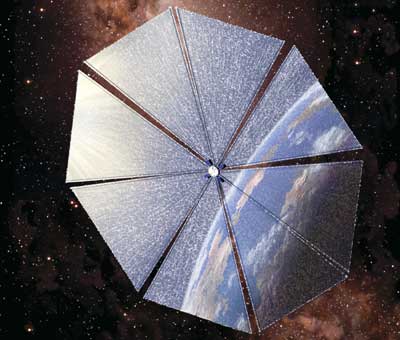A space nerd respondsby Louis Friedman
|
| The pro-space community should try to derive strength from diverse interests and motivations, as well as on diverse approaches. |
We are pro-private as well, not only leading the development of private experiments on space exploration missions (such as the Mars Microphone and the upcoming Phobos LIFE), but also building and launching a privately-funded solar sail mission. We brought LEGO into the space program to conduct a private education experiment on Mars. We also have privately funded the Search for Extraterrestrial Intelligence for more than two decades. The Planetary Society is pro-science, as charged; and it is pro-human and pro-private.
So is the National Space Society. They seem to be “pro-science and pro-private,” not just pro-human, and our cooperation with them over the years has been good. I do not understand the basis of Huang’s charge, “Each group argues against the others.” I haven’t noticed that, and indeed, in the case of The Planetary Society, we try very hard to never be negative about a space activity, or a space group.
All that said, The Planetary Society does have a focus: space exploration. We are not about all things space. Just because something is in space doesn’t mean that we need to get involved with that subject. I believe The Planetary Society has succeeded—in both public outreach and with novel projects advancing space exploration—because of our focus. It may seem like a narrow one —“exploration of other worlds, understanding our own, seeking other life”—but it is as broad as the universe and consciousness of the human species. We think that is why we have a large and loyal constituency.
There is a need to apply critical thinking to space issues. The pro-space community should try to derive strength from diverse interests and motivations, as well as on diverse approaches. Speaking for The Planetary Society we will continue to advocate for private-public, national-international, human-robot, and science-engineering cooperation. That, we think, is the way to harness the public passion for the exploration of space.
